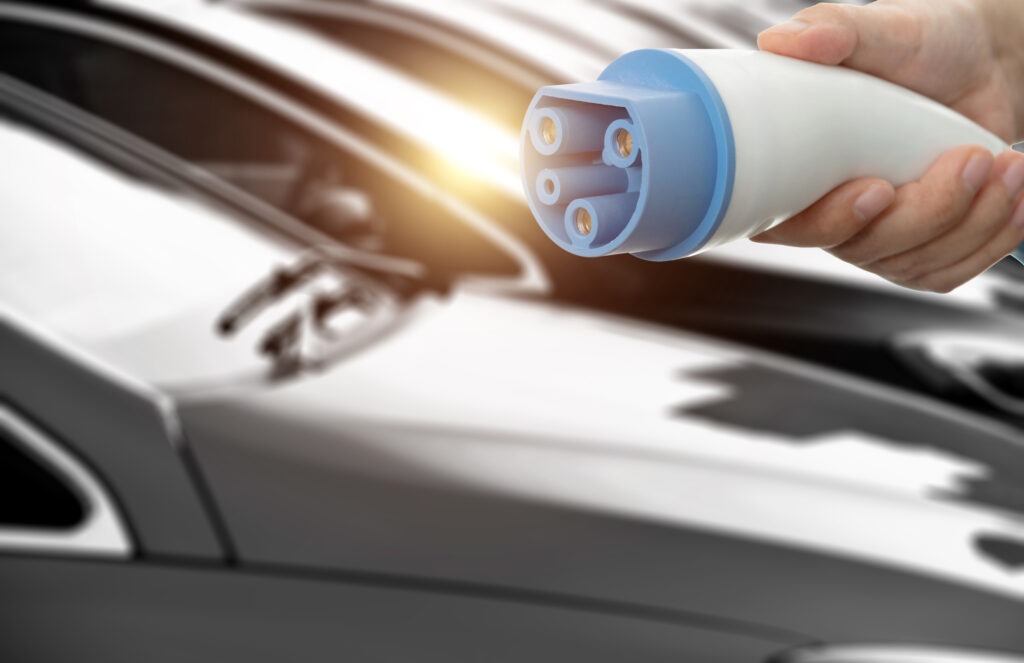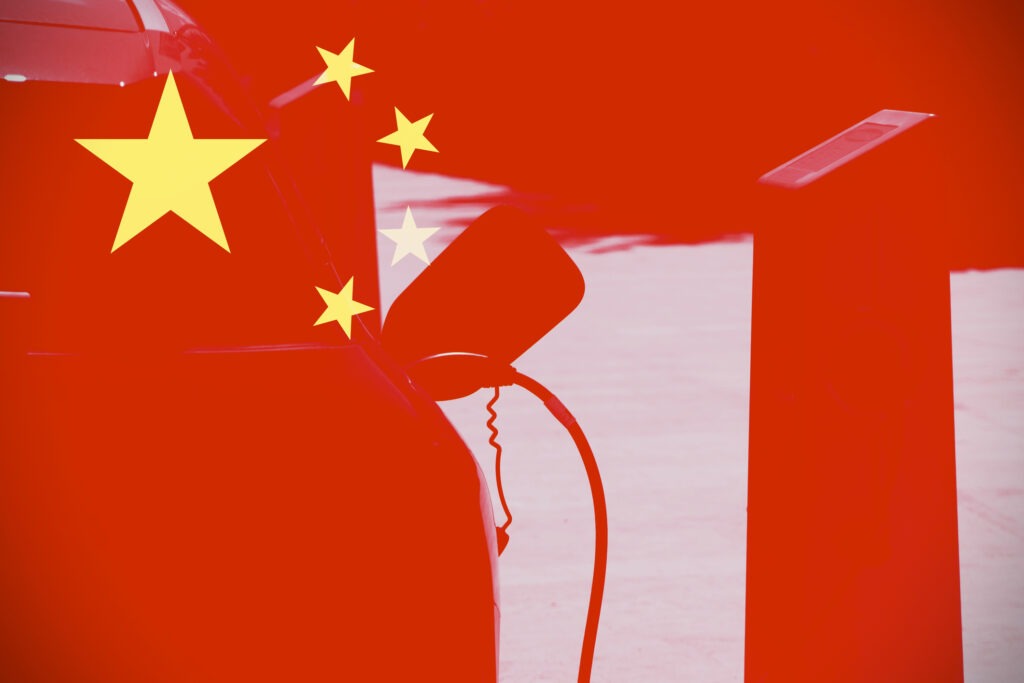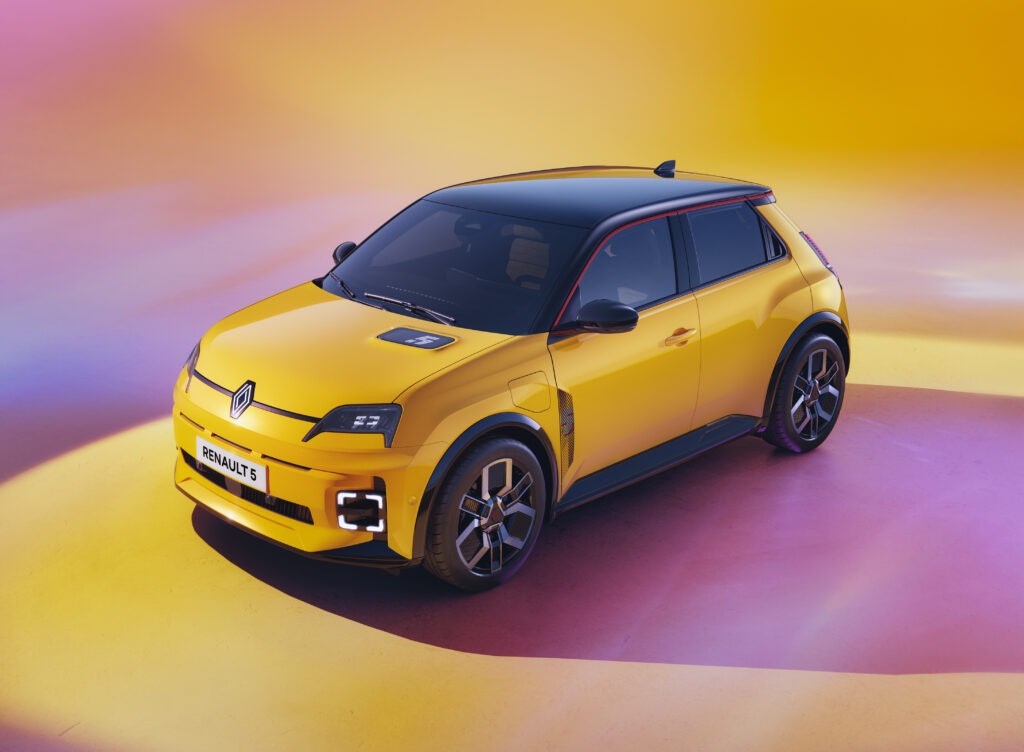BYD on top in Chinese EV market during September
14 November 2024

Representing over half of the top 20 electric vehicle (EV) best-sellers list during September, BYD continued to dominate domestically. José Pontes, data director at EV Volumes, unpicks the brand and OEM performances with Autovista24 special content editor Phil Curry.
BYD continued to lead the way in China’s EV brand rankings in September. The carmaker put 11 models in the EV top 20, which meant its dominance was never in doubt.
The carmaker recorded 32.9% of all plug-in registrations between January and September. This was up by 0.6 percentage points (pp) on BYD’s hold at the end of August. It also came close to capturing a third of the country’s entire EV market. It is unlikely to be challenged this year, with the nearest competition more than 26pp behind.
This performance suggests that BYD’s plan to sell numerous models in different segments is working. Its cumulative totals are greater compared to other brands that focus their efforts on one or two flagship vehicles.
Brands below BYD
The brand table was closer below BYD. While some marques benefitted from their own good results in September, others gained from the poor performances of others.
Tesla ended September with a 6.5% market share across the first nine months of 2024. The US carmaker increased its hold from 6.4% in August and appears comfortable in second.
Chinese brand Wuling profited from its strong September showing. Its models, the Mini EV and Bingo, ended the month in seventh and 11th positions respectively, giving its market share a boost. It held 5.2% of total deliveries across the year, up by 0.1pp compared to August.
Li Auto held on to fourth with a 4.8% market share. This was up 0.1pp from August. Geely was in fifth position with 4.3%, also increasing its share by 0.1pp from the previous month.
In sixth, Aito benefited from a poor monthly performance by Aion. Both the Aito M7 and M9 appeared in the top 20 models in September, in 15th and 19th place respectively. These deliveries helped the brand to consolidate its position with a 4.1% market share across the nine-month period.
Aion, on the other hand, did not feature any models in the top 20. Its Aion Y and Aion S vehicles remain in the yearly table, in 13th and 16th positions respectively. Yet, their performance in the month impacted the brand’s market share. The carmaker lost 0.1pp compared to August, to end September with 3.6% of the market, in seventh place.
BYD groups together
Looking at the figures of automotive groups and alliances, with carmakers brought together under their parent companies, the story is similar. BYD Group led China’s EV market comfortably, with a 34.6% share. This was an improvement of 0.6pp from the last report.
This increase in share is mostly thanks to the performance of the BYD brand itself. Denza, Fang Cheng Bao and Yangwang did not contribute as much to the group’s overall results.
However, this did not impact the company too much. It still dominates locally, with an almost 27pp gap to second. The OEM will likely end the year as the best-selling automotive group in China.
Geely-Volvo was a long way back in second, accounting for 7.7% of all EV deliveries in China. This was down 0.1pp from August. Geely’s good result in September was impacted slightly by the poorer performance of the group’s other brands. With these marques having a slow month, Geely-Volvo’s pace has slowed.
Tesla sat steady in third with its 6.5% market share, up 0.1pp from the previous month. Meanwhile, SAIC remained in fourth with a 6.1% hold, down 0.1pp month on month. The Chinese group has been unable to benefit from the strong September performance of its Wuling brand, due to weaker results from others.
In fifth, Changan remained stable with a market share of 5.8%. However, with SAIC so close, the group will be looking to overtake its domestic rival in the months ahead. It is also unlikely to be threatened from behind, with sixth-placed GAC dropping 0.1pp from August, to hold 4.6% of China’s EV market.




